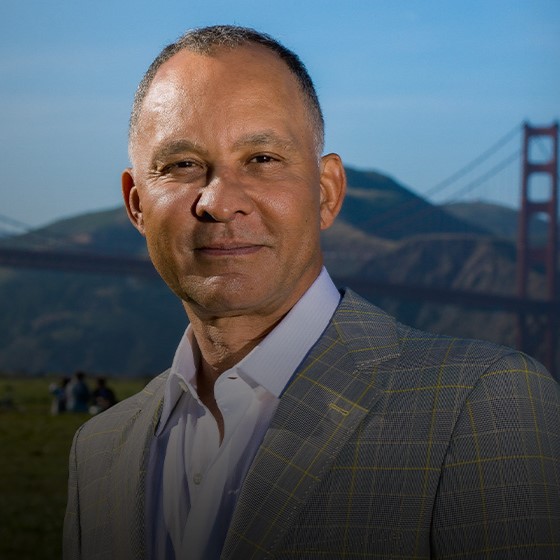Men who have a feminine chest are often ridiculed for having “man boobs” and this can take a significant hit on their self-esteem. These “man boobs” are either the result of chest fat (a condition called pseudogynecomastia) or gynecomastia. It is important to know the difference between these two conditions since true gynecomastia can cause more adverse symptoms and often requires more extensive treatment.
What is Gynecomastia?
Gynecomastia is the growth of male breast tissue that creates a more feminine-looking chest. Rather than a buildup of chest fat, gynecomastia is the growth of glandular tissue which has more structure and will create a rounded breast, rather than the sagging appearance of excess fat. Chest fat can often be resolved with weight training, but gynecomastia will require liposuction or a larger surgical procedure to fully eliminate the excess glandular tissue. Gynecomastia requires gland excision which often includes liposuction.
The Difference Between Gynecomastia and Chest Fat
If you are uncertain whether you have gynecomastia, the following questions can help you answer that question and determine whether you should schedule a consultation. When you schedule a consultation with Dr. Delgado, a gynecomastia specialist, he may also ask these questions and more to get an in-depth understanding of your symptoms and determine the best course of treatment.
Is Your Chest Sore?
Gynecomastia is often more painful than chest fat unless there are other underlying conditions. If your chest feels swollen, constantly sore, and painful to the touch, this is an indication you may have gynecomastia. Although other conditions can cause your chest to hurt, all these factors combined make it much less likely you are dealing with chest fat.
What Does Your Chest Feel Like?
Chest fat will feel like any other fat on the body: soft to the touch. Gynecomastia feels firm, hard, or rubbery. Sometimes, it may even feel like you have a solid lump under your skin. Fat should not be hard so if you notice these symptoms, it is unlikely your chest’s appearance is being caused by chest fat.
What Does Your Chest Look Like?
While chest fat sags without a defined shape, gynecomastia forms a rounded shape similar to a woman’s breasts. The nipple and/or areola may also project out more than the rest of the chest; this is a condition called puffy nipples.
How Does Your Chest React to Diet and Exercise?
One of the most frustrating things about gynecomastia is that it does not improve with proper diet and exercise. On the other hand, fat will reduce gradually so you should start to notice some reduction in the volume of your chest after a few weeks of exercise. If there is little to no change even after significant weight loss, this is one of the strongest indicators of gynecomastia.
Gynecomastia Surgery
Dr. Delgado classifies gynecomastia by four different grades, depending on the severity of your symptoms and the size of the amount of breast tissue present. Grade 1 and some Grade 2 gynecomastia can be treated with the “pull-through” technique that only requires one small incision or more commonly gland excision and liposuction, more severe cases of gynecomastia in Grades 3-4 will likely require a double incision mastectomy. Even though surgery will leave a scar, these marks fade over time and most men leave satisfied and newly confident without their feminine-looking chest.
Why Choose a Board-Certified Plastic Surgeon for Gynecomastia Surgery?
The revision rate for gynecomastia surgery is high because there are only a few gynecomastia specialists in the country. One of these specialists is board-certified plastic surgeon Dr. Miguel Delgado who has been treating all grades of gynecomastia for over 30 years. He has earned the respect of the medical community and patients who travel from outside the country to experience his expertise.
Dr. Delgado has an in-depth understanding of gynecomastia, how it affects the anatomy of the chest, and how to effectively remove all the excess tissue to prevent the condition from returning. You can schedule a consultation with Dr. Delgado in San Francisco, CA, by filling out an online contact form to effectively diagnose and treat your gynecomastia.

